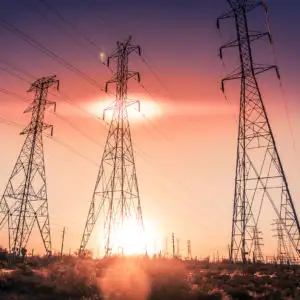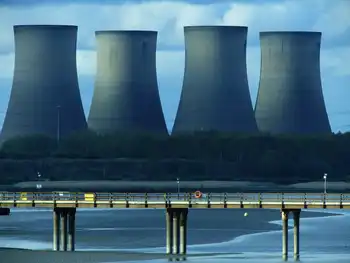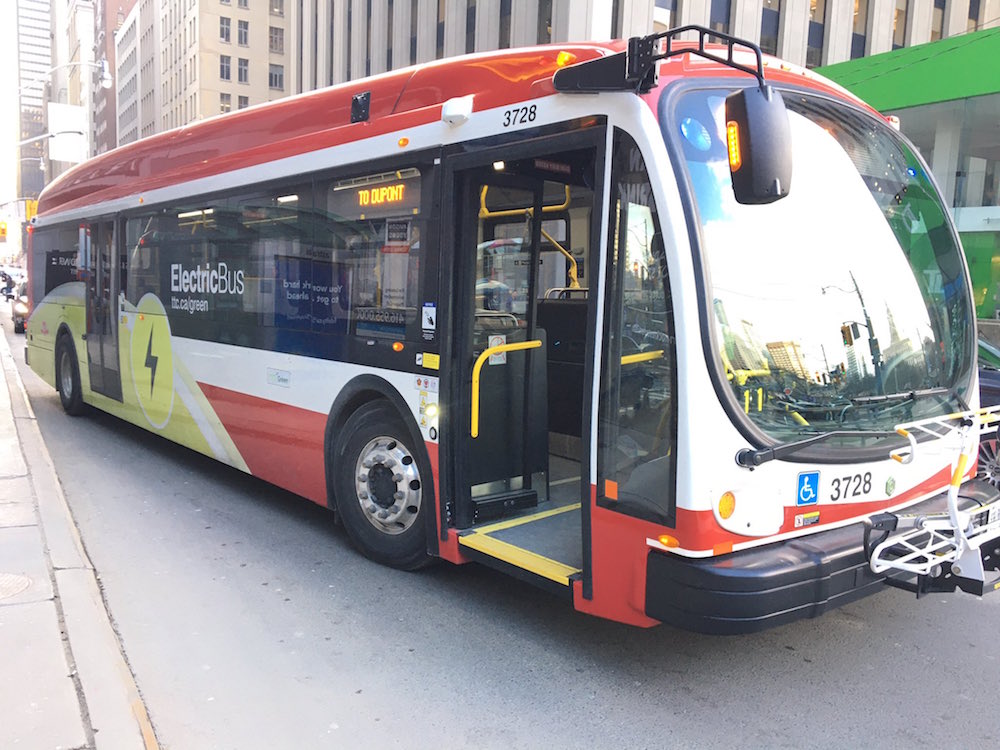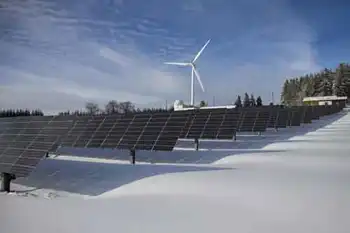Independent power project announced by B.C. Hydro now in limbo
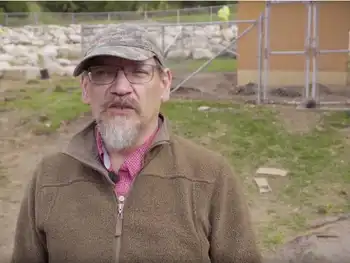
NFPA 70e Training - Arc Flash
Our customized live online or in‑person group training can be delivered to your staff at your location.

- Live Online
- 6 hours Instructor-led
- Group Training Available
Siwash Creek Hydroelectric Project faces downsizing under a BC Hydro power purchase agreement, with run-of-river generation, high grid interconnection costs, First Nations partnership, and surplus electricity from Site C reshaping clean energy procurement.
Key Points
A downsized run-of-river plant in BC, co-owned by Kanaka Bar and Green Valley, selling power via a BC Hydro PPA.
✅ Approved at 500 kW under a BC Hydro clean-energy program
✅ Grid interconnection initially quoted at $2.1M
✅ Joint venture: Kanaka Bar and Green Valley Power
A small run-of-river hydroelectric project recently selected by B.C. Hydro for a power purchase agreement may no longer be financially viable.
The Siwash Creek project was originally conceived as a two-megawatt power plant by the original proponent Chad Peterson, who holds a 50-per-cent stake through Green Valley Power, with the Kanaka Bar Indian Band holding the other half.
The partners were asked by B.C. Hydro to trim the capacity back to one megawatt, but by the time the Crown corporation announced its approval, it agreed to only half that — 500 kilowatts — under its Standing Order clean-energy program.
“Hydro wanted to charge us $2.1 million to connect to the grid, but then they said they could reduce it if we took a little trim on the project,” said Kanaka Bar Chief Patrick Michell.
The revenue stream for the band and Green Valley Power has been halved to about $250,000 a year. The original cost of running the $3.7-million plant, including financing, was projected to be $273,000 a year, according to the Kanaka Bar economic development plan.
“By our initial forecast, we will have to subsidize the loan for 20 years,” said Michell. “It doesn’t make any sense.”
The Kanaka Band has already invested $450,000 in feasibility, hydrology and engineering studies, with a similar investment from Green Valley.
B.C. Hydro announced it would pursue five purchase agreements last March with five First Nations projects — including Siwash Creek — including hydro, solar and wind energy projects, as two new generating stations were being commissioned at the time. A purchase agreement allows proponents to sell electricity to B.C. Hydro at a set price.
However, at least ten other “shovel-ready” clean energy projects may be doomed while B.C. Hydro completes a review of its own operations and its place in the energy sector, where legal outcomes like the Squamish power project ruling add uncertainty, including B.C.’s future power needs.
With the 1,100-megawatt Site C Dam planned for completion in 2024, and LNG demand cited to justify it, B.C. Hydro now projects it will have a surplus of electricity until the early 2030s.
Even if British Columbians put 300,000 electric vehicles on the road over the next 12 years, amid BC Hydro’s first call for power, they will require only 300 megawatts of new capacity, the company said.
A long-term surplus could effectively halt all small-scale clean energy development, according to Clean Energy B.C., even as Hydro One’s U.S. coal plant remains online in the region.
“(B.C. Hydro) dropped their offer down to 500 kilowatts right around the time they announced their review,” said Michell. “So we filled out the paperwork at 500 kilowatts and (B.C. Hydro) got to make its announcement of five projects.”
In the new few weeks, Kanaka and Green Valley will discuss whether they can move forward with a new financial model or shelve the project, he said.
B.C. Hydro declined to comment on the rationale for downsizing Siwash Creek’s power purchase agreement.
The Kanaka Bar Band successfully operates a 49.9-megawatt run-of-river plant on Kwoiek Creek with partners Innergex Renewable Energy.





